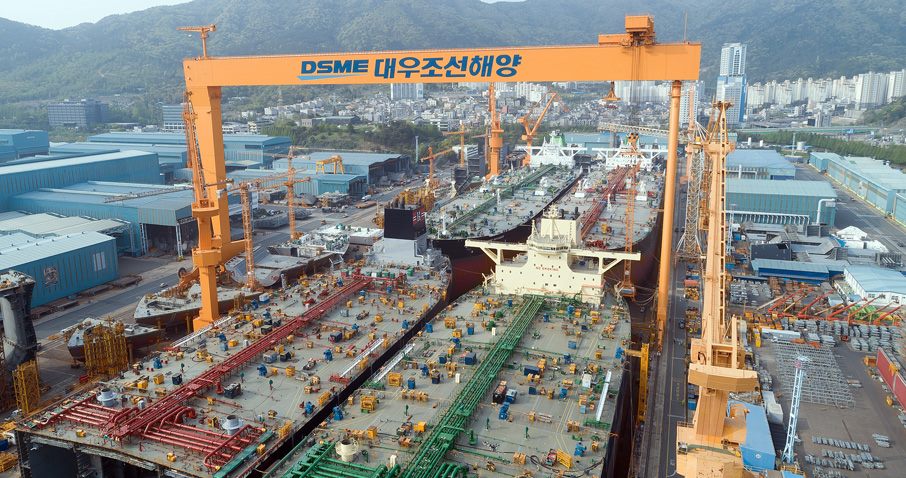The European Commission has blocked the merger of South Korean LNG shipbuilders Daewoo Shipbuilding & Marine Engineering and Hyundai Heavy Industries Holdings.
HHIH revealed back in 2019 plans to buy DSME and merge it with its unit KSOE. The deal worth about $1.8 billion already received approvals from countries such as China, Singapore, and Kazakhstan.
The European Commission said in a statement it has prohibited the merger between the two shipbuilders as it would have created a “dominant position by the new merged company and reduced competition in the worldwide market for the construction of LNG carriers.”
“The parties did not formally offer remedies to address the Commission’s concerns,” it said.
European customers account for almost 50 percent of LNG carrier orders
Both companies are global leaders in the construction of large LNG carriers, and two of the three largest players in this very concentrated market, the statement said.
Over the past five years, the worldwide market for the construction of large LNG carriers represented up to 40 billion euros ($45.9 billion), with European customers accounting for almost 50 percent of all orders, according to the Commission.
During the investigation, the Commission said it had received feedback from a large number of customers, competitors and other third parties.
“These companies were concerned that the transaction would create a company with a dominant position in the worldwide market for the construction large LNG carriers, reduce competition and increase prices for these vessels,” it said.
60 percent market share
The Commission said that the two shipbuilder’s combined market shares would be of at least 60 percent, which in itself is an indicator of a dominant position in the market.
Executive VP Margrethe Vestager, in charge of competition policy, said LNG contributes to the diversification of Europe’s source of energy and therefore improves energy security.
“The merger between HHIH and DSME would have led to a dominant position in the global market for the construction of large LNG vessels, for which there is significant demand from European carriers,” Vestager said.
“Given that no remedies were submitted, the merger would have led to fewer suppliers and higher prices for large vessels transporting LNG. This is why we prohibited the merger,” she said.

